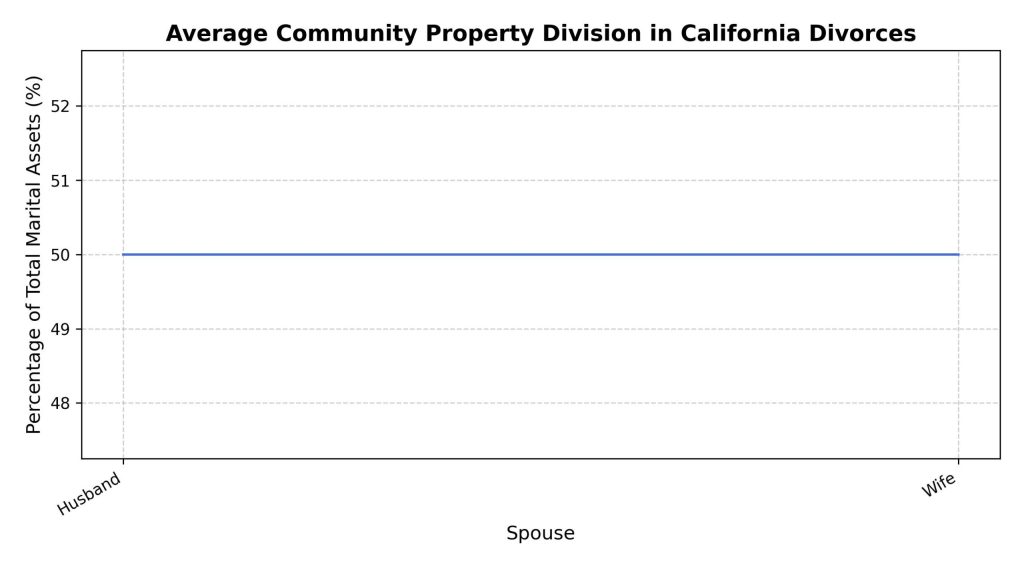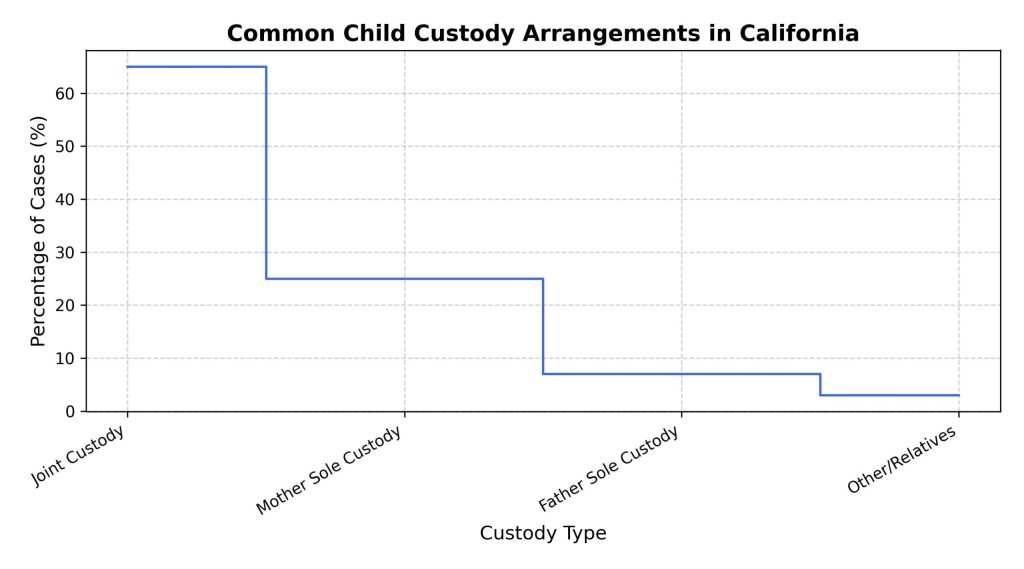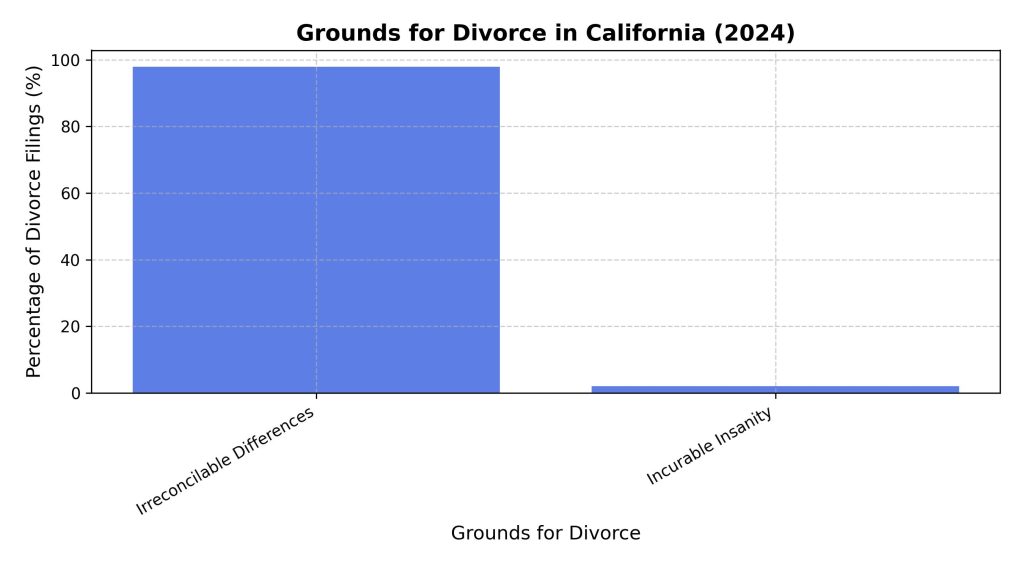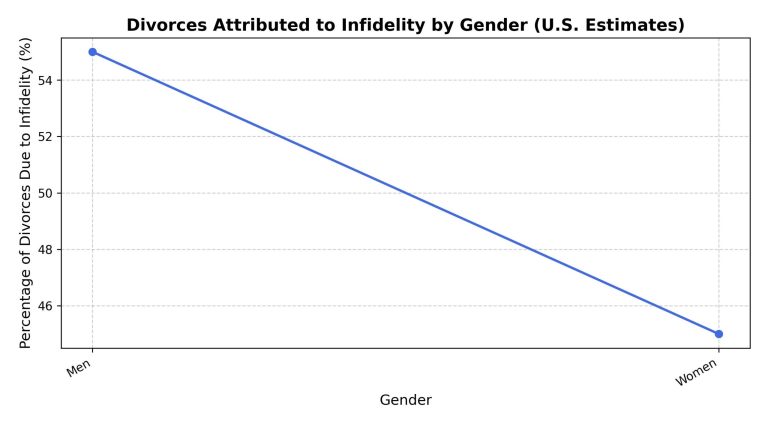Things You May Not Know About California Divorce Laws: Discover Key Facts
California is a “no-fault” divorce state, meaning partners don’t need to prove anything wrong to file for divorce. According to “California Family Law“, the state requires living there for six months before filing. And one more thing that’s kind of hilarious is, california has a waiting period of six months after filing. Community property rules ensure things and debts gotten while married are split equally. Child support and custody are decided based on what’s best for the child and the money situation of the parents.
As many would agree I think, california is seen as a forward-thinking state, so many think its divorce laws are fair and protect people’s rights. But, there are details in these laws that can surprise you, and that sorta explains it divorce might seem like it should be simple, especially here. You might believe that clear rules will guide you during tough times, and this likely comes from or maybe you’re just focused on how these laws will affect your money situation. Even good rules can be tricky or too much to handle sometimes. It’s like having too much of a good thing. So, what do you do if you feel lost or not ready because of California’s divorce laws? Hi, I’m Elizabeth Burnley, a paralegal, and today, let’s look at what’s going on and how to handle it, since I’m an expert on this topic.
Key Pointers
- California is a “no-fault” divorce state, so neither partner needs to prove bad behavior to get a divorce.
- Property is split equally between partners as community property.
- Spousal support is based on different factors, like how long the marriage lasted and each person’s ability to earn money.
- Decisions about child custody focus on what’s best for the child.
- The laws aim to ensure fairness and equality in divorce proceedings, as outlined in “Family Law for the Paralegal” by J. Shoshanna Ehrlich.
What Are the Residency Requirements for Filing a Divorce in California?
If you want to divorce in California, make sure you’ve lived there for six months, because breaking up is hard to do… especially if you haven’t unpacked yet!
According to the California Family Code, to file for divorce in California, one spouse must have lived in the state for at least six months. They must have lived in the filing county for three months. And the part that actually surprised me the most, these residency rules make sure the court has the right to hear the case.

Here is what people generally say on the internet about the residency requirements for filing a divorce in California:
“To file for divorce in California, either you or your spouse must have lived in the state for at least six months and in the county where you plan to file for at least three months.” – This is a common explanation found on the Self-Help section of the California Courts website.
“You don’t need to live in California to get a legal separation, but if you want to convert that into a divorce, then the residency requirements must be met.” – A typical clarification you might find on legal advice forums like Avvo.
“If neither you nor your spouse meet the residency requirements, you might have to file in another state or wait until the requirements are met in California.” – A frequent concern discussed in blog posts from legal practitioners like those on Nolo.com.

How Does Community Property Affect Asset and Debt Division?
In states with community property laws, anything gained or owed during marriage usually gets split in half if the couple divorces, which often means each partner gets an equal part, regardless of who earned more or handled the money. I have already briefly mentioned about how does community property affect asset and debt division? at the start, but now let’s look closer as we speak. It’s smart to consider how this can affect you, as an equal split might catch you off guard if you’re not prepared, so it’s wise to learn the rules and plan ahead, which is the reason I felt it needed to be said.

As mentioned by legal resources from Nolo.org, community property laws decide how things owned and money owed are split in a marriage. And here’s something that caught me off guard, in community property states, any things owned or money owed acquired during the marriage are divided equally upon divorce. Here’s how it affects splitting:
- All money earned by either partner during marriage is shared.
- All money owed during the marriage is generally considered shared.
- Presents or inheritances to one partner are separate property.
- Things owned before marriage usually stay individual property.
- Divorce usually requires an equal split of shared things owned and money owed.
What if it’s not so simple? I am noticing that people are saying community property means everything acquired during marriage is divided equally. I am seeing that this helps give both sides a fair share and makes the process clear and simple.

Discover the key facts about California divorce laws with Things You May Not Know About California Divorce Laws, and let https://edivorcepapers.com simplify the process for you. This online service offers a fast and easy way to complete your divorce papers from the comfort of your home. It provides clear instructions and all the necessary forms, ensuring a hassle-free experience.
What if we try to take a look from a fresh spot, see what it is can be found about how does community property affect asset and debt division? It seems people often think that in a divorce, everything from money to debts is split right down the middle, but it might not be so simple, depending on where you live. Some people decide on prenuptial agreements to set their own terms instead of following the usual rules. It might be helpful to talk to a lawyer to figure out how the law might work for you, as guessing wrong might not end well, in reality.
What Unique Child Custody and Support Laws Should You Be Aware Of?
According to reliable sources like Nolo.com, there are specific child custody and support rules to know about. Something else that hit me hard is, these include:
- Preference for joint custody in many states.
- The “best interest of the child” guideline.
- Possible change of support based on changes in income.
- Consideration of where parents live.
- Focus on parents working together in co-parenting.
While rules vary by state, these common ideas often guide decisions in the U.S.:

When dealing with child custody and support, know that laws differ by state or country. Always talk to a family lawyer to understand local rules and your rights. It’s very important to focus on the child’s well-being when discussing terms.
The Takeaway
When looking into the details of California divorce rules, it’s clear that knowing these main facts can help simplify the process and assist people during tough times. Remember that dealing with divorce doesn’t have to be scary with the right help and guidance by your side. Think about talking to a lawyer to customize your plan and make sure you’re ready for every move. For more information on similar subjects, read our article on “Handling Child Custody and Support in California” to further boost your understanding.







